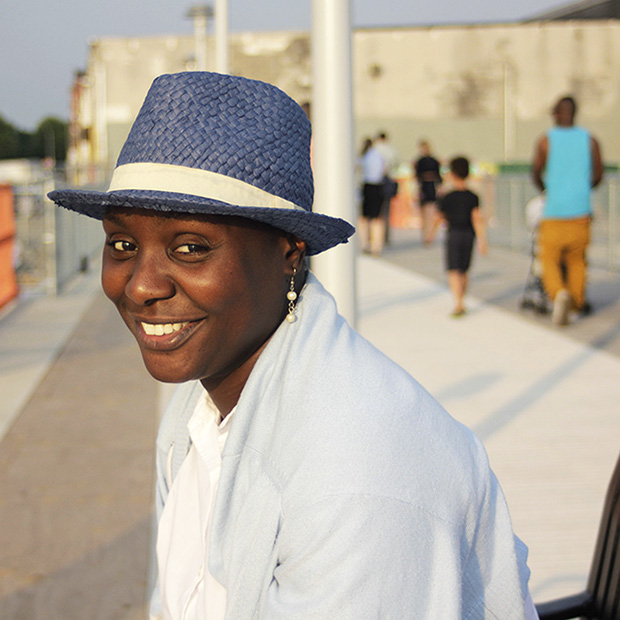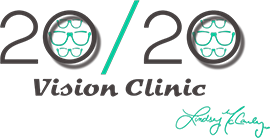Women’s Vision Health

Men and women have plenty of differences, but did you know that some of them have to do with eyesight and vision health?
While men are more prone to eye injuries for various reasons, women are more susceptible to eye diseases. So what problems should women be on the watch for?
Common Vision Problems For Women
The least serious vision problem that disproportionately affects women is simply needing corrective lenses. However, women are also more susceptible to dry eye, age-related macular degeneration (AMD), and glaucoma. Chronic dry eye can result in blurred vision, irritation, redness, and pain. Eye drops can help, but it’s important to come see us so we can determine the underlying cause.
AMD (gradual loss of central vision) and glaucoma (increased eye pressure that damages the optic nerve) are both serious sight-threatening conditions, and the reason they affect women more than men is that women tend to live longer! The best way to fight both is with early detection from regular eye exams.
Eye Disease Risk Factors
There are several risk factors associated with developing vision problems (aside from age). The biggest (and easiest to fix) is neglect. Since women are typically the primary caregivers for their families, their health often gets pushed to the back burner while they tend to everyone else’s needs. With so much to do, it becomes easier to forget to schedule eye exams for themselves, and emerging problems might go unnoticed until more serous stages.
Pregnancy, birth control, and menopause are also risk factors because they create significant hormone changes. Dry eye is common under any of these circumstances, and birth control may increase the likelihood of developing cataracts.
The Female Perspective
Aside from susceptibility to eye disease, men and women actually have slight differences in how their eyes work! Studies have shown that while men’s eyes are better at tracking movement, women are better at distinguishing between different shades of colors, and not just because it’s much rarer for women to be color blind than men.
This could be tied to women’s roles from when our ancestors lived as hunter-gatherers. Being able to identify the right shade of red in the berries you’re picking could be the difference between a tasty treat and a deadly poison. Just think; arguments between married couples over paint swatches might be the result of evolution!
A very small number of women might even be tetrachromates, meaning they’re able to see colors the rest of us can’t imagine!
The Role Of Your Optometrist
There are several things you can do to help keep your eyes as healthy as possible. These include eating a nutritious diet, quitting smoking, and, of course, scheduling regular eye exams! And even if we saw you recently, whenever you notice a change in your vision, you should come in for an appointment right away.
